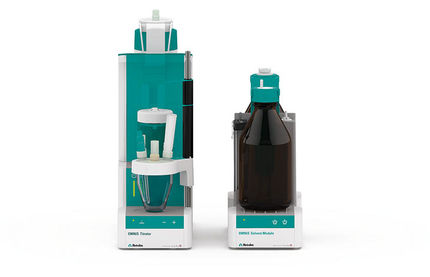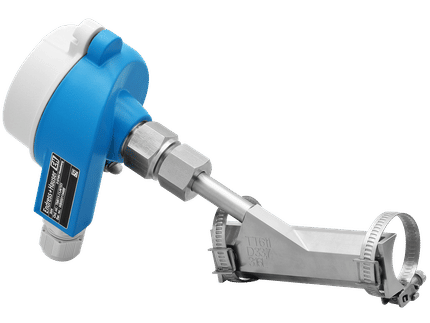To use all functions of this page, please activate cookies in your browser.
my.chemeurope.com
With an accout for my.chemeurope.com you can always see everything at a glance – and you can configure your own website and individual newsletter.
- My watch list
- My saved searches
- My saved topics
- My newsletter
CDP323CDP323 is a small-molecule prodrug antagonist of the vascular cell adhesion molecule 1 (VCAM-1) binding to α4-integrins. It was originally developed by the British biopharmaceutical company Celltech plc. (now UCB S.A.) and is a putative new drug for oral treatment of multiple sclerosis.[1] In October 2006, UCB S.A. and Biogen Idec announced a collaboration to jointly develop and commercialize CDP323 for the treatment of multiple sclerosis and other potential indications.[2] Product highlight
Mechanism of actionThe mechanism of action of CDP323 is believed to rely on preventing immune cells to migrate from blood vessels through the vessel walls to reach various inflamed tissues, including the brain. This mechanism is thought to prevent overshooting immune reactions and subsequent tissue damage as seen during uncontrolled immune cell migration as in multiple sclerosis. CDP323 has the same mechanism of action as the monoclonal antibody natalizumab. Results in animal modelsCDP323 was investigated in chronic experimental autoimmune encephalomyelitis (EAE) in mice. The drug was effective when given prophylactically (i.e., before the disease was induced in mice) and when given therapeutically (i.e., after outbreak of the disease) and reduced the disease severity significantly.[3] Clinical developmentThe safety, tolerability, and pharmacokinetic profile of CDP323 have been evaluated in 75 female and male healthy volunteers in three separate Phase 1 studies. CDP323 was well tolerated at oral doses up to 1000 mg given twice daily for 7 consecutive days with an adverse event profile comparable to that observed with placebo. There was no gender effect. The oral administration resulted in inhibition of VCAM-1 binding which could be maintained throughout a 12 or 24 hour dose interval at well tolerated doses[4] A Phase 2 study commenced in June 2007 in Europe and in the US. The study intends to enroll over 200 patients with relapsing MS who have failed earlier treatment with an interferon-beta and will compare two doses of the drug to placebo over a period of six months. The results are expected by the end of 2008.[5],[6] References
|
|
| This article is licensed under the GNU Free Documentation License. It uses material from the Wikipedia article "CDP323". A list of authors is available in Wikipedia. |







